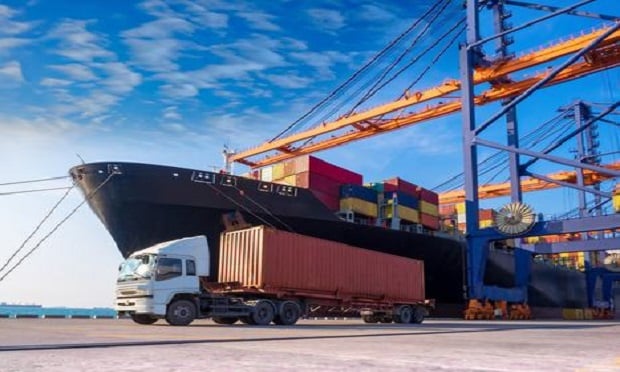 A container vessel during discharging at an industrial port. (Photo: Mr. Amarin Jitnathum/Shutterstock)
A container vessel during discharging at an industrial port. (Photo: Mr. Amarin Jitnathum/Shutterstock)
Reports of hundreds of thousands of containers stranded around the world have flooded news desks globally. Because of COVID-19, ports have limited ability to clear these landed containers, and a slew of blank sailings leave these containers stuck on piers.
Recommended For You
Want to continue reading?
Become a Free PropertyCasualty360 Digital Reader
Your access to unlimited PropertyCasualty360 content isn’t changing.
Once you are an ALM digital member, you’ll receive:
- Breaking insurance news and analysis, on-site and via our newsletters and custom alerts
- Weekly Insurance Speak podcast featuring exclusive interviews with industry leaders
- Educational webcasts, white papers, and ebooks from industry thought leaders
- Critical converage of the employee benefits and financial advisory markets on our other ALM sites, BenefitsPRO and ThinkAdvisor
Already have an account? Sign In Now

